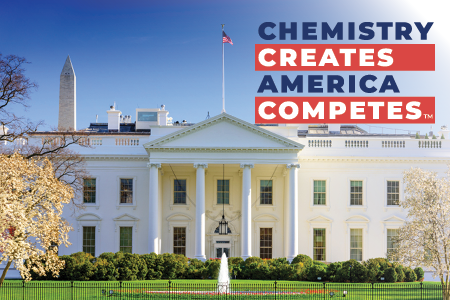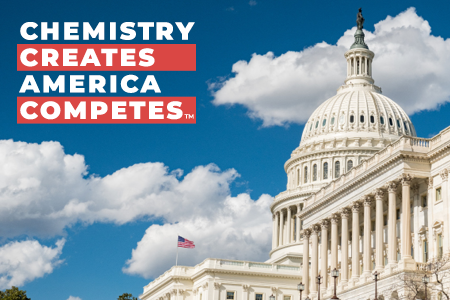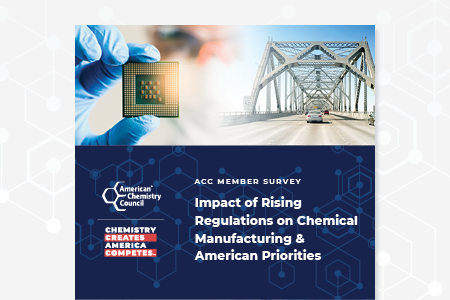
WASHINGTON (March 7, 2024) – The American Chemistry Council (ACC) today released a statement from its President and CEO Chris Jahn in response to President Biden’s State of the Union Address.
“Tonight, you heard President Biden tout the promise of the Bipartisan Infrastructure Law (BIL), Inflation Reduction Act (IRA), and CHIPS and Science Act to accelerate new advancements in U.S. manufacturing, semiconductors, clean energy, infrastructure and more. What you didn’t hear from the President is how his own Administration is undermining these efforts, and in turn the U.S. economy.
“Unfortunately, there is a growing disconnect between the White House’s policy goals and the regulatory proposals coming out of federal agencies. A surge in new, misguided restrictions is impeding the chemical industry’s ability to create the very products and innovations needed to bring national priorities like the BIL, IRA and CHIPS Acts to fruition. President Biden and his administration would be wise to change course: we say work ‘with us, not against us’ – many of your goals and our national priorities depend on American chemistry.
“The Biden Administration recently announced billions of dollars in grants from the CHIPS and Science Act to build new chip factories and expand semiconductor production right here in the U.S. Meanwhile federal agencies are rolling out regulations and restrictions that could impair chemical manufacturers’ ability to produce the very inputs needed to achieve this expansion and enhance the U.S. competitiveness globally. It takes no less than 500 highly specialized chemicals to manufacture one semiconductor chip. You can build all the semiconductor fabrication plants and factories you want, but if critical chemistries aren’t available the goals become moot. This regulatory onslaught will spike costs and effectively ban the production of these chemicals for U.S. producers, shut down production in America, and hand our competitors overseas an advantage in the global marketplace.
“A rigorous, balanced analysis of the costs and benefits of sweeping new environmental rules would help President Biden steer clear of raising the cost of living for already struggling families and sending high-wage American jobs overseas. With one of the most consequential elections in a generation bearing down, he can’t afford to make any unforced errors.”
Last month Mr. Jahn sent a letter to President Biden highlighting the fact that U.S. chemical producers provide the foundation for the production of computer chips and electric vehicles (EVs), energy, infrastructure development, and innovations in healthcare and biotechnology, all Biden administration priorities. The letter urged the president to create an Interagency Policy Committee (IPC) led by the Director of the White House National Economic Council to coordinate an economic impact analysis to identify and understand the cascading impact of regulations on the U.S. chemical industry and the broader economy. It also asked that ACC and its member companies be given the opportunity to work with White House senior leadership to provide input on the analysis which will be a resource to the administration in assessing pending and future actions.
In January ACC released the results of a new survey on the ballooning regulatory burden on chemical manufacturers in the United States and its harmful impact on achieving key Biden administration priorities. Eighty six percent of responding chemical manufacturers said the overall level of regulatory burden has risen, particularly at the federal level, and they expect the volume of new regulations to rise even further across all levels of government a year from now. Companies reported that the growing number of mushrooming regulations are stifling expansion in the U.S. and could lead to a reduction in hiring, capital spending, and investment in R&D. For example, an earlier survey found that 70% of responding chemical manufacturers decided to introduce new chemicals outside of the U.S. due to problems with EPA’s New Chemicals Program.








